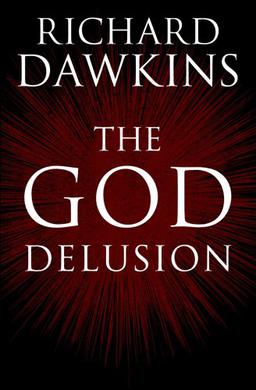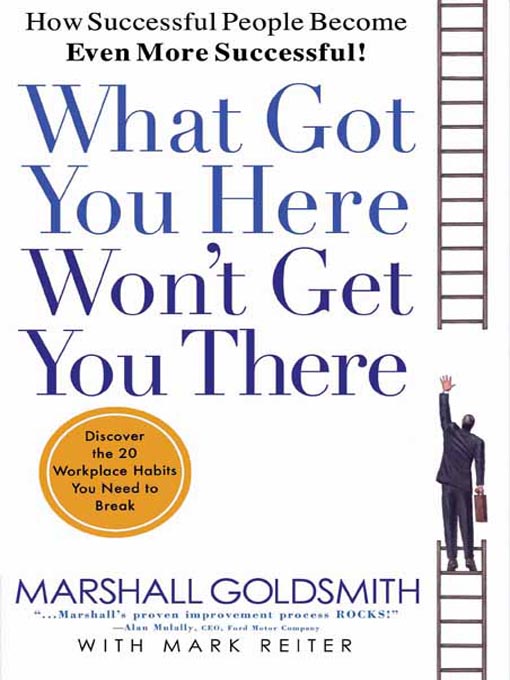Usually I rate a book by the number of dog ears I create while reading the book whenever I find something interesting. In that sense this has been the most "abused" book where there has been way too many dog ears throughout the book. This book was recommended by the book keeper in Chennai Airport while I was surfing through the rack. He just said "This is the latest from Mr. Bagchi Sir". Am still wondering why I bought into that sales pitch - but thankfully so.
In the corporate world I've always wondered how organizations transform themselves many times bigger than what they started with. Not sure if there are any business degrees or courses which would teach this or one just learns by experience. Thanks to Mr. Bagchi I was able to get a sneak preview of some of his experiences of how MindTree grew to where it is right now. It was a rather bold move to share in public some of such experiences. Am sure there is a lot more yet to be revealed but in my mind this was just a good enough start for kids like me.
The premise of this book is about what he calls as "breakthrough growth". Not a gradual growth in single digit or the lower 2 digit %ages year on year but a transformational growth. After I got into sales and business development a little over a year ago I've always wondered if I was suitable for this job. Apparently I am a "farmer" rather than a "hunter", where this book describes a bit about both. Interestingly this book even talked about a scenario where organizations move a technical person into sales just because he/she was there. That was so me!! This book is far from theoretical. He has picked up examples that are so down to reality that one would see day in and out.
As usual I've taken a few excerpts from the book that I found to be worth mentioning here.
Any organization may go through waves of difficulties every now and then. He gives and example of a Swamiji from Siddaganga Mutt where he says "Swamiji's most fundamental ally has been his sense of purpose.... That purpose is so powerful that it permeates everything; it is the force that binds everyone in the Mutt and creates alignment".
Talking about growth and strategy - he says "You don't need to think of strategy if incremental growth makes you happy." I've always wondered what happens in the so called "strategy" sessions and even contributed to some to some extent. I was never convinced myself totally on what I've given so far. This book literally shattered those ideas. He says "Great strategy is not about a pie chart sliced and diced to infinity, then multiplied with a radar graph and divided to death by a 3D histogram. Great strategy is simplicity that even the doorman can understand."
He clearly brings a difference in the type of (sales) people you need to have for growth. He uses an analogy of catching rabbits vs elephants. "Unlike an operation to catch rabbits, trapping an elephant calls for expertise over enthusiasm..... You catch a rabbit to eat its meat. It has consumptive value but no regenerative value. You don't catch the elephant to eat it; once caught and tamed, it is meant to be an economic resource. While the rewards are great, the risks are very personal, and a failed enterprise can bring grievous injury and may even prove fatal." I often think I've been a rabbit catcher and hope to become an elephant catcher sometime soon.
For a "village" to transform to a "city" he says "The social contract that laid the foundation of the village will have to be replaced with one for a city. It is time to step back and rethink the purpose of the organization, and be ready to remodel its structure and functioning".
Coming from a medium sized organization one of my common / every day questions is - "How do I breakthrough with a prospect who is already entrenched by other biggies in the industry?". This book has a few tips for that as well. For eg., "look for what you may have in common with the customer beyond your expected capabilities and use it to create the connect".
Now this is where it came very close to home (literally) - "Just as you need to encourage good salespeople to continue to sell rather than become supervisors, you also need to watch out against creating accidental account managers. This happen when, for instance, a successful delivery guy in a software company, or a creative person in an ad agency, is put in charge of a particular account because he delivers well and has developed a relationship of trust with a client". Not sure if I would've got this job if my boss had read this book. ;-) Am still around....so probably it's not too bad. Am sure there is a loong way to go.
A great insight has been about outlining qualitative strategies. "What is the overall competitive objective? What will I sell, to whom and why? Who will I not sell to and what ill I not sell?" Questions like these are very real and one needs to have a reasonable idea about them.
One of the general perceptions of Indian IT services companies is that we are "glorified body shoppers". He says "If the customer directly engages with out people, while we as a company remain pure intermediaries how would we build employee loyalty?". A very serious question indeed and especially when it comes to having your team Onsite. Employees tend to have more affinity towards the customers than their own organizations.
This book moves on to talk about how even a board should be selected. Things that one does not necessarily think about in the middle-management or front line leadership level. He says "It is one thing to have a stellar board; it is quite another to use it effectively. The latter requires the capacity to seek and receive counsel.... Above all, it requires intellectual honesty".
Every now and then organizations deploy "consultants" to review the strategy and performance. He says "you will invariably get all you need from the consultant in the first six months of engagement. After that, whoever they may be, they are simply repeating themselves".
In terms of intellectual transformation one of the key things that moves one from a "glorified body shopper" to a consulting / services company is the value we bring to the table. He says "In large IT deals the client requires its associate companies to go beyond being "order takes" to becoming "order makers". They can no longer wait for the client to ask them to do something. Instead, they must imagine a solution, take the idea to the client, think through the implementation issues ad lead the way." This was something I felt personally and also received as feedback from one of my customers.
Normally business books don't talk about firing people unless it is a complete HR related theme. Mr Bagchi brings that up as something an organization should be skilled at as well. He says "Fire with reason, fire as the thought-through last resort, fire if you must, fire with fairness, take expert help, be reasonable, keep in mind the indignity of the person being fired may suffer in such a situation and be cognizant of the material difficulty the person may have to face".
One key message to the organization's leaders here - "Often, employees have no idea about the thoughts and points of action engaging the leader between the statement of objectives in the beginning of the year and an analysis of the quarter-end results. Transparency is key. It is important for a leader to regularly publish what is on his / her mind to the entire set of next-level employees."
Finally he wraps up the book with what happens during adversity. He says "Despite good intent, top management openness, support for an individual's career development and the overall growth momentum of the organization, not everything will work out the way you want. Don't get disheartened; a certain amount of failure, anguish, alienation and disappointment are rites of passage that every growing company must encounter..... If the existential question looms large and self-doubt takes over, remind yourself of the larger purpose and tell yourself that pain is inevitable but suffering is optional". When things go out of control - "When extraordinary events overtake us it is time to do ordinary things extraordinarily well".
Happy Reading!!
C


